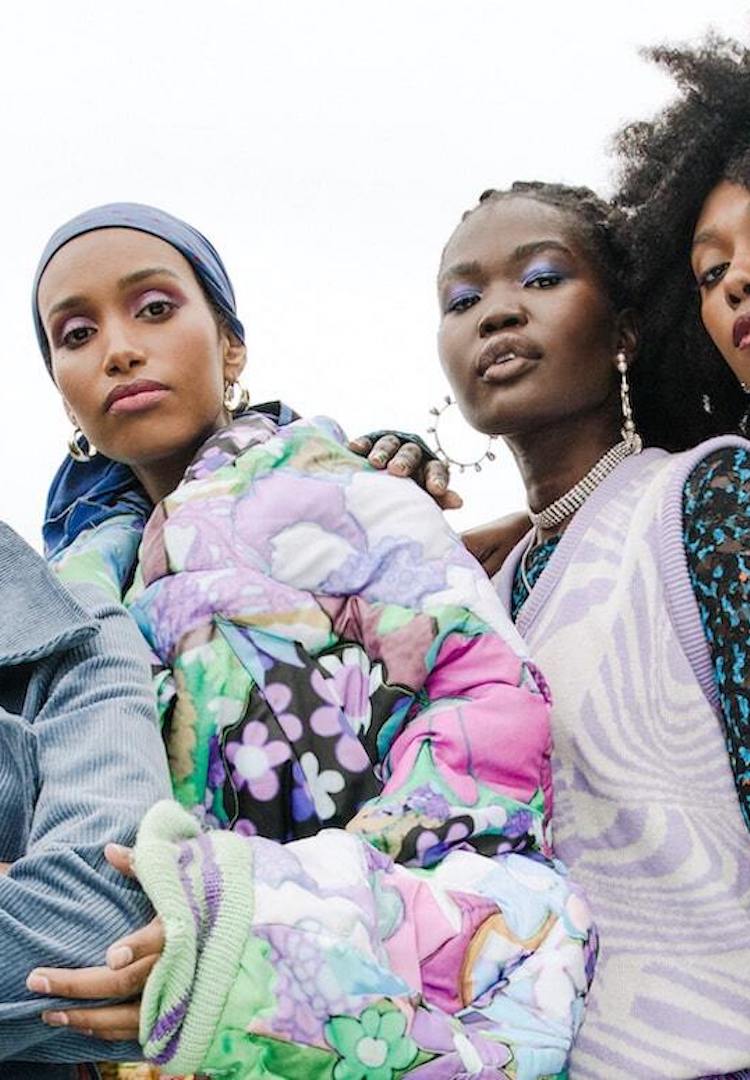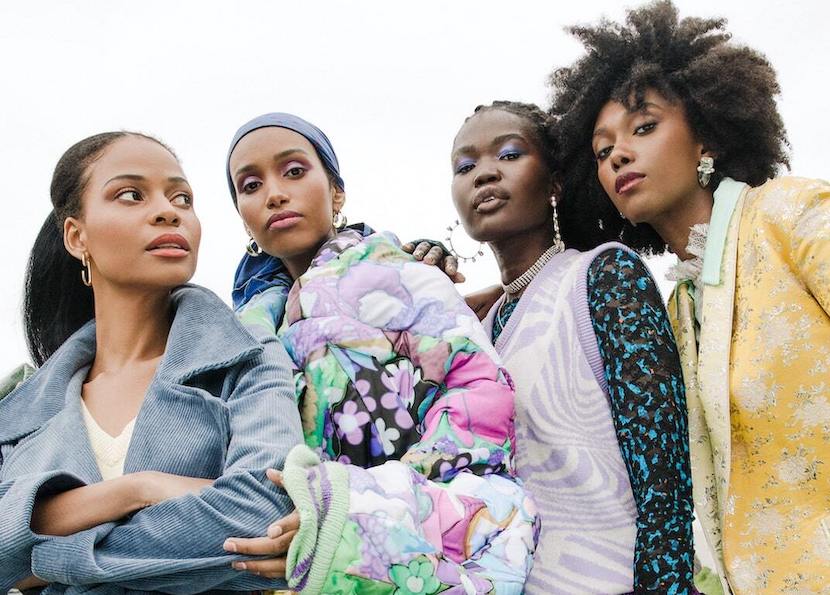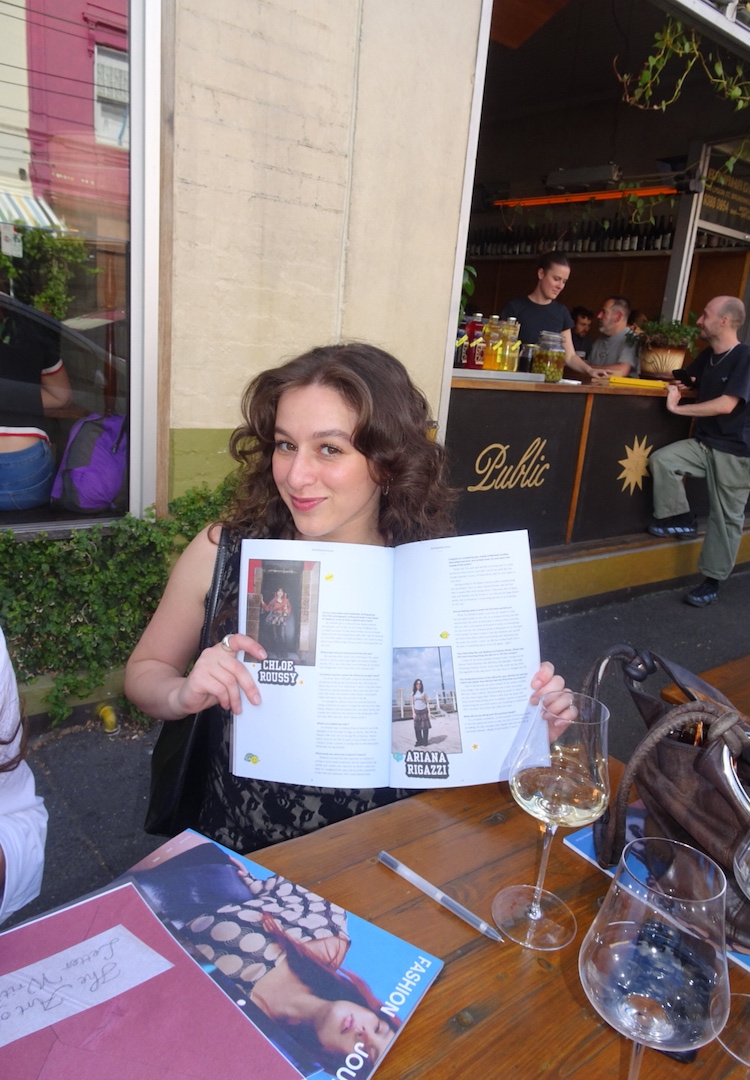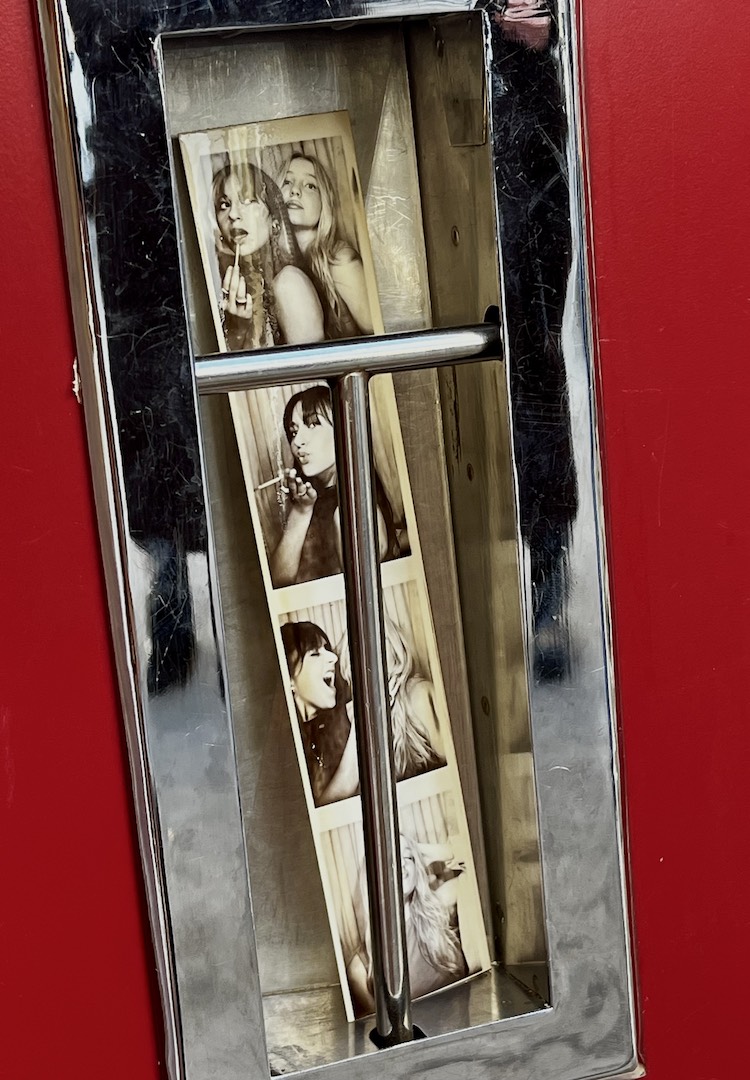Why it’s okay to be jealous of your friends
PHOTOGRAPHY BY AMY HIBBARD
WORDS BY GEORGIA KING
“If you’re feeling at all insecure about where you’re at, it can be hard not to see their success as your failure.”
When you hit your late twenties, friends splinter off into a thousand different life paths. Some put down roots, buy homes and start families. Others move abroad or lean into busy careers. It’s a magical time, watching the people you love carve out their own paths and blossom into the adults they dreamed of being when they were younger.
While magical for the most part, this life stage can also be complex. As people you were once so in step with make strides in various directions, insecurity-fuelled questions inevitably creep in. Have you been ‘doing life’ right? Should you have worked harder when you were younger? Did you travel widely enough before settling down?
Interested to hear how others navigate the world? Head to our Life section.
With these thoughts torturously bouncing around in our minds, it’s easy to look at the lives our friends are leading and – as shameful as it is to admit – feel little pangs of envy when they hit the milestones you wish you were hitting.
Maybe they’ve landed their dream job, announced an engagement, or are jet-setting to a new life abroad. While you’re happy because they’re the best and you love them, if you’re feeling at all insecure about where you’re at, it can be hard not to see their success as your failure.
This sticky feeling of envy in friendship was articulated brilliantly by comedian Ryan Shelton a few years ago via his podcast The Imperfects. Ryan spoke in-depth about his shame of not being able to celebrate the success of his best mates, Hamish and Andy, because of the intense grip jealousy and envy had on him for years.
“I’d be lying if I said I wasn’t a little bit envious of the connection they had… when they were at their most successful when they were the biggest radio show in Australian history, I couldn’t be happy for them. Hamish was my best friend, I was his best man at his wedding, and I struggled to be happy for him and congratulate him and be genuinely excited when he was achieving these amazing things because I was resentful,” Ryan said.
Whether you see it as selfish or can relate to the experience, the envy Ryan acknowledged is something psychologist Breanna Jayne Sada says is a very standard human response. “I don’t think it makes you a bad friend, I think it makes you human to feel jealousy and envy every now and again,” Breanna explains.
“They’re both very normal human emotions and are definitely something we see often. I think when you’re talking about vulnerable people that are going through a challenging time with their mental health and they’re feeling a little bit more down in the dumps, then they’re more likely to experience something like envy or jealousy because they’re comparing their life to someone else’s… it can be really challenging. But I think it’s very common, lots of my clients experience jealousy and envy.”
In terms of why feelings of envy crop up in friendships, even when we love our mates to bits, Breanna says it’s closely linked to ‘egocentrism’ and the tendency we have to centre ourselves in everything, including what goes on in our friends’ lives.
“It’s put out into the world that teenagers and children are quite egocentric, which means that their world revolves around them. Adults are meant to grow out of that, but we never really grow out of that completely – egocentrism is always part of our life. So, anything that happens around us, we’re always looking at and exploring, ‘how does that thing impact me?’ Or ‘how does that relate to me in some way?’ Some of it is biological, it’s innate for us to think of ourselves,” Breanna explains.
Naturally, social media also shares some of the blame. “One of the banes of my existence is when someone comes into a session and they want to compare what’s happening in their life to the highlight reel of someone else’s. If someone posts their promotion at work… or the new company car, or whatever it might be, you didn’t see the 10 failed attempts at the promotion before that or the failed job interviews… you are only seeing the yeses and the positive things in their life,” Breanna says.
While it’s fine to feel envy in manageable doses, Breanna says there are some tools we can use to help move through our feelings if they’re starting to impact our friendships. Firstly, she suggests ‘thought challenging’ – the practice of catching our thoughts and pausing to ask if there’s actually any truth to them.
“…Remind yourself that there’s no reason why you need to pit yourself against that person, you can champion each other’s successes, celebrate each other’s successes, and use that as motivation for your own,” Breanna explains. Though it might feel challenging if you’re in a sensitive state, Breanna says actively trying to celebrate your mates’ wins can go a long way to making both you and your friend feel better.
“Actually partake in some of the celebration and happiness, [and] have empathy for your friend…. if you’re there and you’re around that happiness and that joy, it’s going to rub off on you eventually.”
With all this in mind, if you do find yourself feeling a little jealous of a friend, try to remember that what you’re experiencing is normal, and though your mind might trick you into thinking otherwise, you’re not a bad friend, just a regular one.
For more on managing jealousy in friendship, head here.













